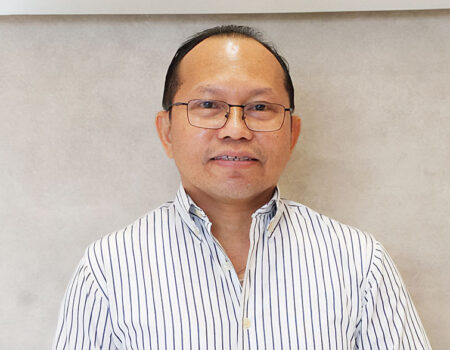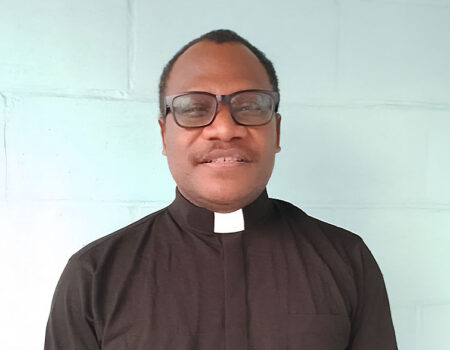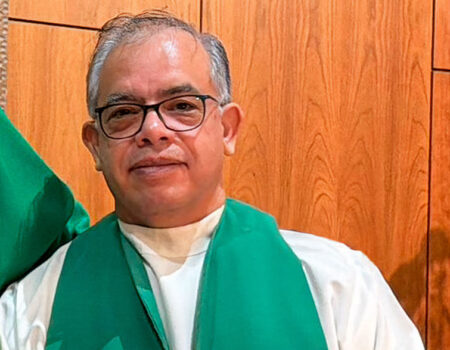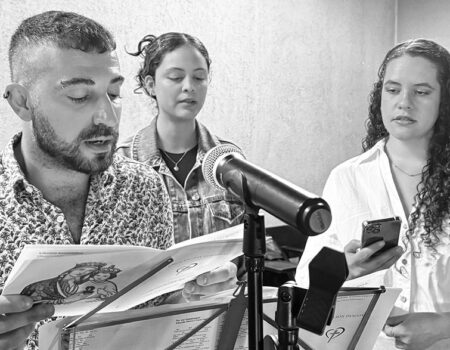Reflection: Learning By Mistakes-Session on Group Facilitation
Monday July 22, 2024
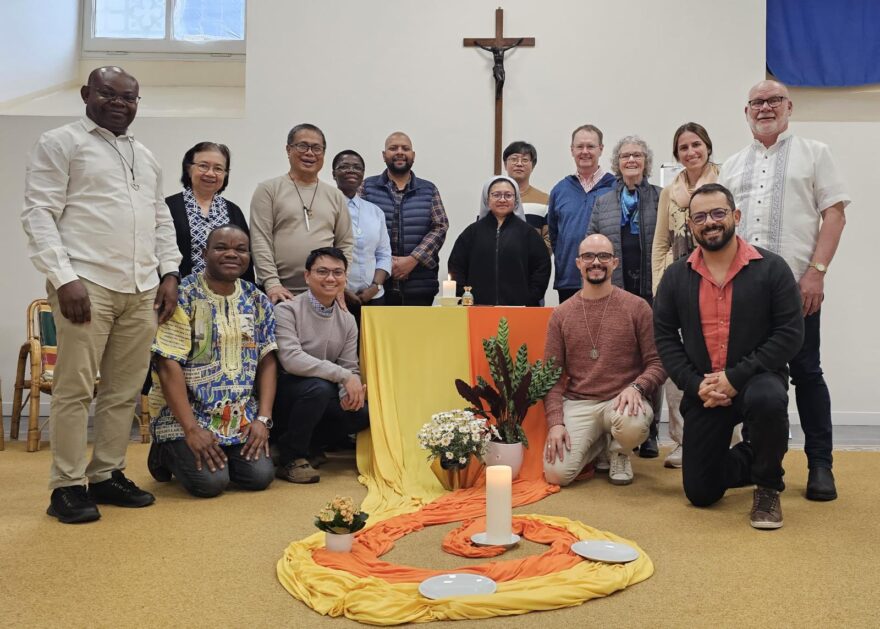
Simon Lumpini, MSC. In pedagogy, an error refers to a response or behaviour on the part of the learner that does not correspond to the expected response or behaviour. In effect, the error is no longer a manifestation of non-knowledge that should be ignored or corrected immediately but of inadequate knowledge on which the correct knowledge can be built Mistakes are not failures but essential stages in learning. Children should be encouraged to experiment, to make mistakes, and to learn from them. A person who doesn’t learn from his/her mistakes will continue to make them no matter how many excuses he/she makes.
From 22 April to 04 May 2024, a training session on group facilitation was organised. This session took place at the Generalate of the Ursuline Sisters of the Union in Rome. More than a dozen participants took part. It was a great joy to share this time with members of the Chevalier Missionnaires du Sacré-Cœur family, Daughters of Our Lady of the Sacred Heart and Lay MSC from other parts of the world.
What is a group facilitator? What is their role? What is their objective? “A facilitator helps a group to work better together, to perceive common objectives better and to plan the path to reach these objectives through workshops, meetings and exchanges. Throughout this process, the facilitator remains “neutral”. In other words, he or she does not take sides during the discussions. In other words, the facilitator uses specific facilitation techniques to encourage collaboration within a group, enabling it to achieve the desired result.
To facilitate effectively, a facilitator must be objective and focus on the group process, i.e. how groups work together to complete tasks, make decisions and solve problems.
From what we have learned, the aim of a good facilitator is to encourage participants to think productively and, ultimately, articulate key ideas, ask vital questions, co-construct solutions, and/or identify productive actions, not to solve the team’s challenge for them.
In short, a good facilitator can create a healthy environment for collaboration and communication, guide the group towards achieving its objectives actively and ingeniously, and adapt to different situations and groups of people.
As we understood it, the aim of this training session was more to orient us towards listening to our hearts and listening to others. We had to move from “I” to “WE.” We learnt a lot in the two weeks we worked together. The fruits of our sharing in the large and small groups were enriching; everyone could benefit from them.
With “Communal Wisdom”, this was the critical moment when, in the silence of our hearts, we should listen to our innermost being. With questions such as: What kind of environment do you want to create during this time? What did you hear? What images come to you about sharing with others? What does the Spirit inspire in you for the group? All these questions helped us in our personal meditation. And at the end, listen to your heart in silence for a little more time because no one can run away from their heart. That’s why it’s best to listen to what it’s saying. As Stève Jobs said: “Have the courage to follow your heart and your intuition. Both know what you really want to become. The rest is secondary.
As we know, the heart is the place of interiority and spiritual and religious experience. It is the place of God, the moment that enables us to perceive the beyond, the divine world deep within ourselves, and to establish a relationship with God, who reveals Himself to us. As Pascal wrote: “It is the heart that feels God and not reason; that is what faith is, God sensitive to the heart and not to reason.”
At first, it was difficult to understand what ‘communal wisdom’ was all about. We had to throw ourselves into the deep end to understand things finally. It’s said that practice makes perfect, and you never make an omelette without breaking eggs. We saw that by making mistakes, we could learn better. Thanks to the efforts of the trainers there to help us move forward and their patience, attentiveness, and humility in responding to our concerns, we were satisfied with this session, although we still have a long way to go. As the saying goes: “You’re never done learning”. So, we’re still in this school of learning.
Mistakes are inherent in learning, so we need to analyse them to set up appropriate teaching situations. It’s not enough to know at your fingertips a few theories about how groups work and some of the collective intelligence tools that go with them to claim to be the KING or even the QUEEN of facilitation. The most important people are not those with heads full of knowledge. They are the ones with hearts full of love, ears ready to listen and hands ready to help and give.


